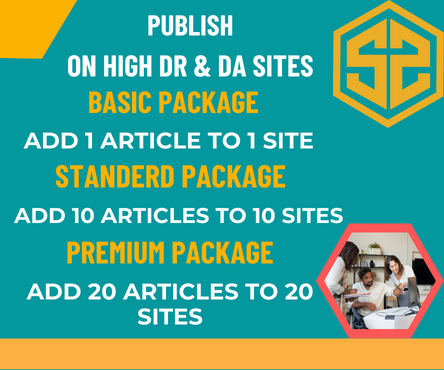In the rapidly evolving hospitality industry, hotels and resorts are continually seeking innovative ways to enhance guest experiences, optimize operations, and boost revenue. One crucial tool that has revolutionized the way hotels manage their bookings is hotel booking software. This sophisticated technology has become an indispensable asset for hoteliers worldwide, enabling them to streamline their booking processes, reduce costs, and improve customer satisfaction.
What is Hotel Booking Software?
Hotel booking software is a specialized application designed to manage and facilitate hotel reservations, cancellations, and modifications. It provides a centralized platform for hoteliers to control their inventory, rates, and availability across multiple distribution channels, including online travel agencies (OTAs), the hotel’s website, and global distribution systems (GDSs). By automating many tasks, hotel booking software minimizes manual errors, freeing staff to focus on more critical aspects of hotel management.
Key Benefits of Hotel Booking Software
- Real-time Inventory Management: Hotel booking software ensures that availability and rates are updated in real-time across all distribution channels, reducing the risk of overbooking or underselling rooms.
- Streamlined Booking Process: The software simplifies the booking process, allowing guests to easily search, book, and pay for rooms online or through mobile devices.
- Increased Revenue: By optimizing room inventory and rates, hotel booking software helps hotels maximize their revenue potential.
- Improved Guest Experience: With access to guest preferences and booking history, hotel staff can provide personalized service, enhancing the overall guest experience.
- Data Analysis and Insights: Hotel booking software provides valuable insights into booking trends, guest behavior, and market demand, enabling hoteliers to make informed decisions.
Features to Look for in Hotel Booking Software
When selecting hotel booking software, hoteliers should look for the following essential features:
- User-friendly Interface: An intuitive interface that makes it easy to manage bookings, rates, and inventory.
- Integration with OTAs and GDSs: Seamless integration with online travel agencies and global distribution systems to ensure broad reach and visibility.
- Real-time Reporting: Up-to-the-minute reporting on bookings, revenue, and guest behavior.
- Customizable: The ability to tailor the software to meet the hotel’s specific needs and branding.
- Mobile Optimization: A mobile-friendly interface that enables guests to book and manage their reservations on-the-go.
Implementation and Integration
Implementing hotel booking software requires careful planning and integration with existing hotel systems, such as property management systems (PMS) and customer relationship management (CRM) software. Hoteliers should work closely with their software provider to ensure a smooth transition and provide ongoing support.
Conclusion
In today’s competitive hospitality landscape, hotel booking software is no longer a luxury but a necessity. By streamlining booking processes, optimizing revenue, and enhancing guest experiences, hotel booking software plays a crucial role in helping hotels achieve their business goals. As the industry continues to evolve, hoteliers who invest in robust and user-friendly booking software will be well-positioned to succeed in an increasingly complex and competitive market. By embracing technology, hotels can focus on what matters most – providing exceptional service and building lasting relationships with their guests.

